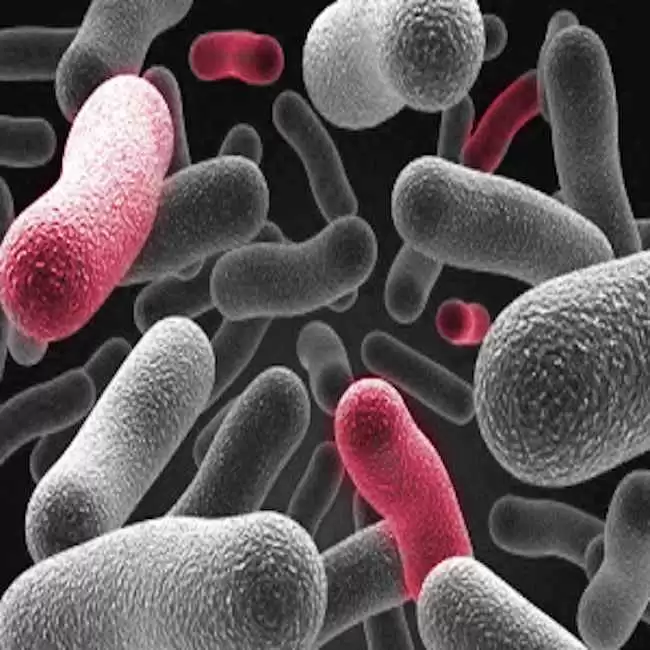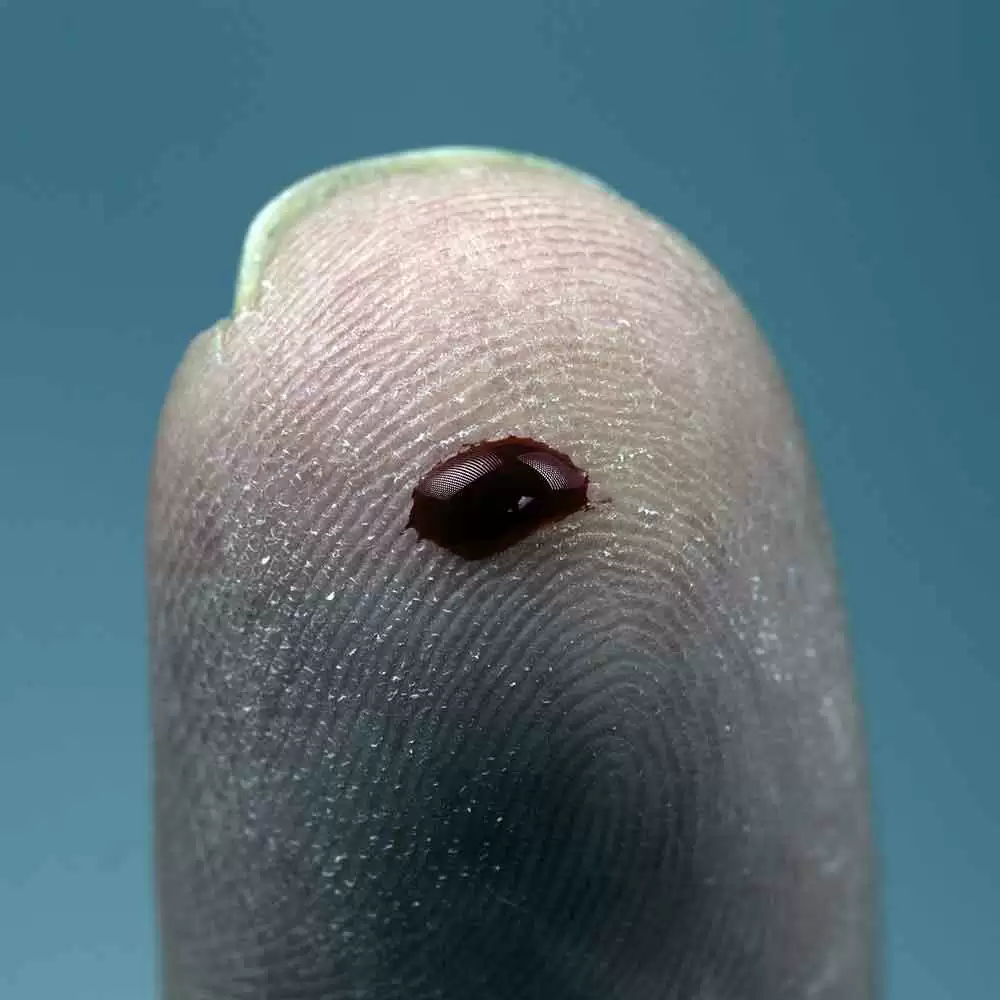
Celiac.com 12/03/2018 - Biomarkers in blood samples are not effective indicators for diagnosis or monitoring of celiac disease. A team of researchers recently set out to assess biomarkers of celiac disease derived from neoepitopes of deamidated gliadin peptides (DGP) and tTG fragments, and to assess their usefulness in identifying patients with celiac disease with mucosal healing.
The research team included RS Choung, SK Rostamkolaei, JM Ju, EV Marietta, CT Van Dyke, JJ Rajasekaran, V Jayaraman, T Wang, K Bei, KE Rajasekaran, K Krishna, HK Krishnamurthy, and JA Murray. They are variously affiliated with the Division of Gastroenterology and Hepatology, Mayo Clinic, Rochester, MN, USA; Vibrant Sciences LLC, San Carlos, CA, USA; and with the Division of Gastroenterology and Hepatology, Mayo Clinic, Rochester, MN, USA.
Celiac.com Sponsor (A12):
The team began by analyzing serum samples from 90 patients with biopsy-proven celiac disease, along with 79 healthy control subjects for immune reactivity against the tTG-DGP complex. They used a fluorescent peptide microarray platform to estimate the antibody binding intensity of each synthesized tTG-DGP epitope. They validated results in 82 patients with newly diagnosed celiac disease, and in 217 control subjects.
They assessed the ability of the peptide panel to spot patients with mucosal healing based on histologic results and using serum samples from 85 patients with treated and healed celiac disease; 81 patients with treated but unhealed celiac disease who showed villous atrophy despite adhering to a gluten-free diet; 82 patients with untreated celiac disease; 27 disease control subjects who showed villous atrophy without celiac disease; and 217 healthy control subjects.
To assess their data, they relied on principal component analysis followed by machine learning and support vector machine modeling. In all, the team found 172 immunogenic epitopes of the tTG-DGP complex. Compared with control subjects, celiac patients showed substantially higher immune reactivity against these epitopes.
In the test group, neoepitopes derived from the tTG-DGP complex identified people with celiac disease with a remarkable 99% sensitivity and 100% specificity.
Blood samples from untreated celiac patients showed the greatest average antibody-binding intensity against the tTG-DGP complex. Blood from patients with treated but unhealed CeD mucosa (15.1 ± 7.5) showed significantly higher average antibody-binding intensity than blood from patients with treated and healed CeD mucosa (5.5±3.4) (P<.001).
The test spotted celiac patients with healing mucosa with 84% sensitivity and 95% specificity.
The research team discovered immunogenic epitopes of the tTG-DGP complex, and found that a test that measures immune response to epitopes accurately identified both celiac patients and patients with mucosal healing.
From this study, the team concludes that the biomarker method for celiac testing could be useful in both the detection and monitoring of celiac disease.
Read more at: Gastroenterology.










Recommended Comments
There are no comments to display.
Create an account or sign in to comment
You need to be a member in order to leave a comment
Create an account
Sign up for a new account in our community. It's easy!
Register a new accountSign in
Already have an account? Sign in here.
Sign In Now